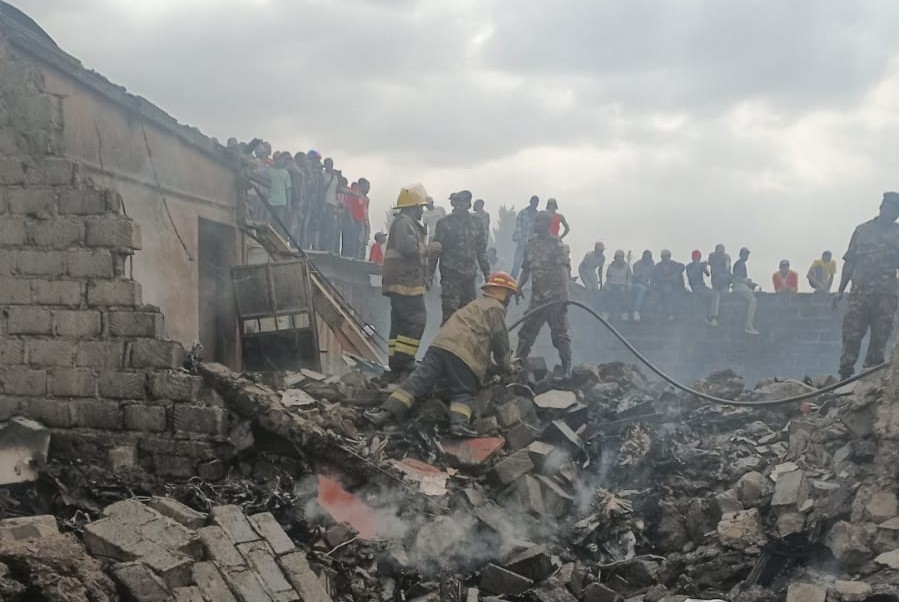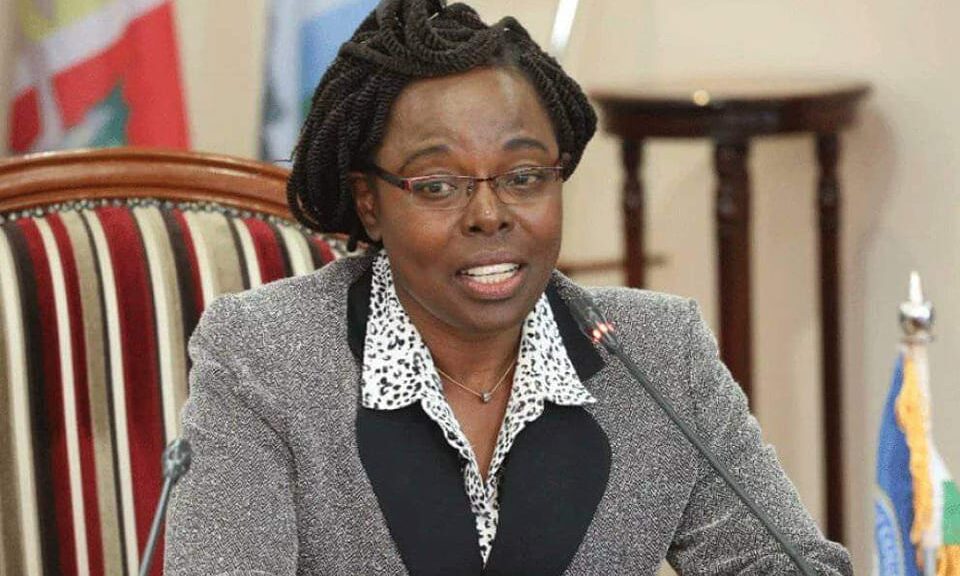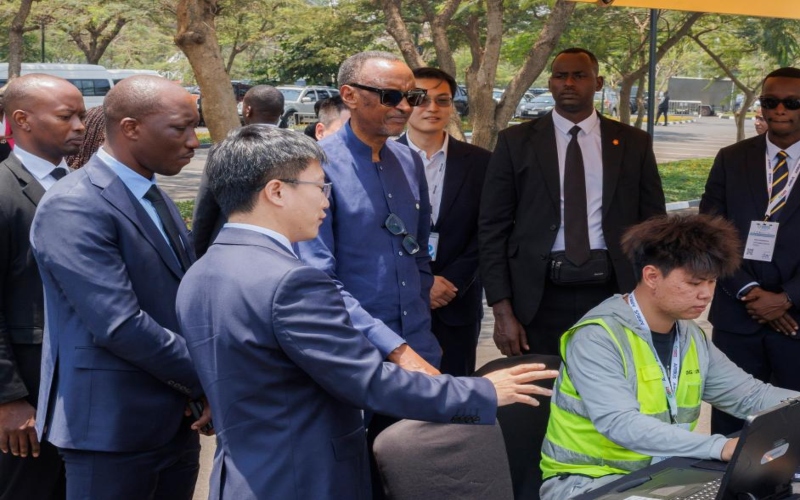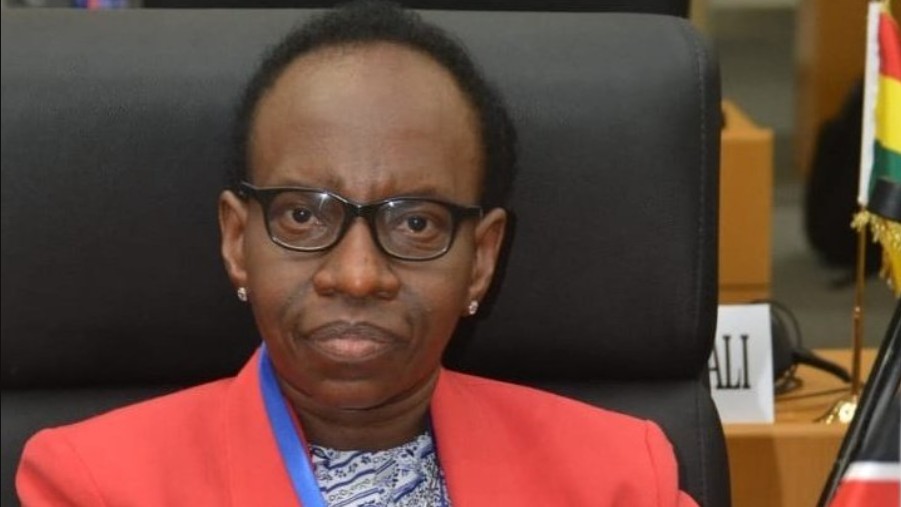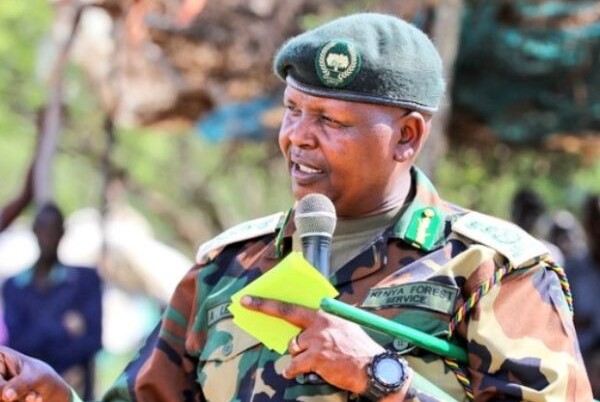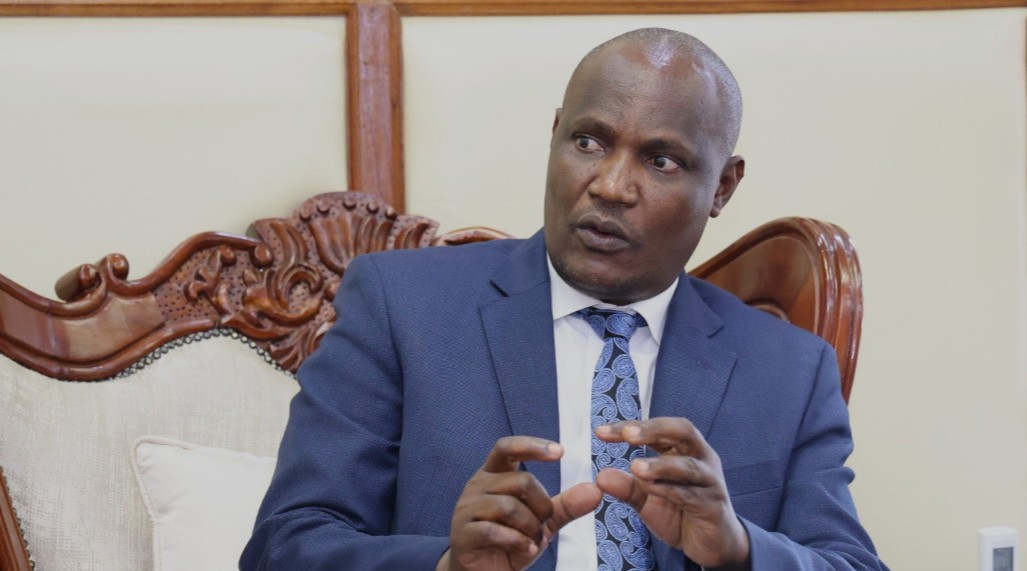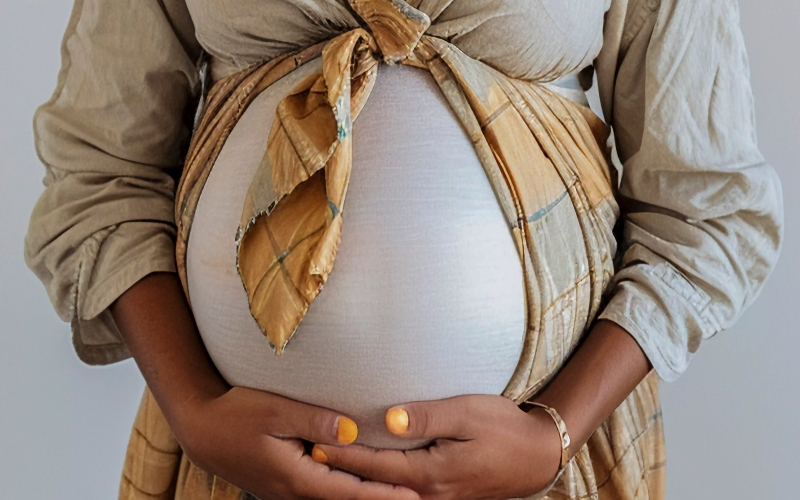Communications Authority bows to pressure, lifts ban on live protest coverage after court suspends directive
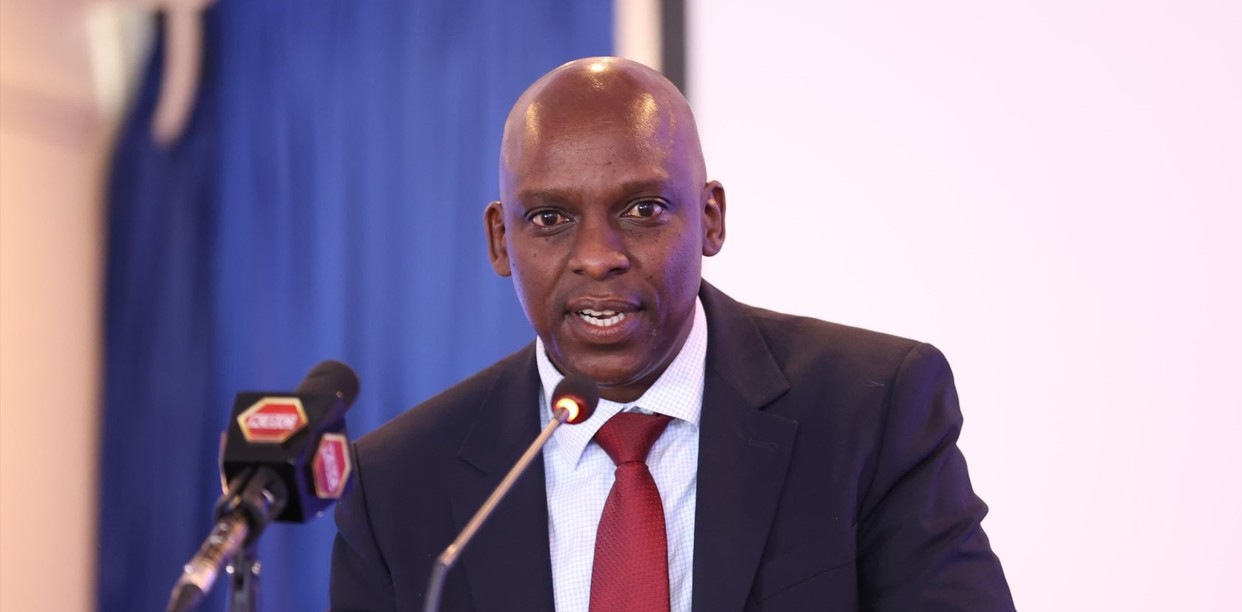
The reversal came after strong criticism from civil groups, including LSK, Katiba Institute, KCHR, MCK, and the Kenya Union of Journalists.
The Communications Authority of Kenya (CA) has withdrawn its controversial directive suspending live coverage of anti-government protests, just hours after the High Court issued a conservatory order blocking the ban.
In a letter dated June 26 and addressed to all licensed broadcasters, CA Director-General David Mugonyi confirmed the decision, stating that the directive issued on June 25 had been lifted “forthwith”.
More To Read
- Cofek challenges appointment of CA Board chair Charles Kamau
- IEBC proposes shared broadcast signal to restore trust in 2027 polls
- ICT CS William Kabogo taken to task for failing marginalised areas on connectivity
- CA under fire from MPs over June 25 order suspending live protest coverage
- Communications Authority on the spot after audit uncovers asset management failures
- State warns landlords against restricting access for telcos
“The Authority appreciates your continued support and cooperation,” Mugonyi said, without giving further explanation.
The reversal followed a sharp criticism from various civil groups, including the Law Society of Kenya (LSK), Katiba Institute, Kenya Commission on Human Rights (KCHR), Media Council of Kenya (MCK), Kenya Union of Journalists and others.
The Law Society of Kenya filed a constitutional petition against the ban, with its President Faith Odhiambo calling the directive arbitrary, unlawful, and in defiance of both the Constitution and a court order.
“The Law Society has obtained conservatory orders suspending the punitive, arbitrary and illegal directive by the CA,” she said.
“The CA must forthwith reinstate all signals it shut down on Wednesday. Contempt of this order will be met with full prosecution of the leadership of CA.”
Media freedom
In his ruling, Justice Chacha Mwita suspended the CA’s directive with immediate effect, saying the petition raised significant constitutional concerns regarding media freedom and public access to information.
The order also applied to any future attempts to bar live coverage of protests.
“I am satisfied that the pleadings raise fundamental constitutional questions touching on potential violation of the Bill of Rights in the Constitution and freedom of the media, calling for intervention by this court,” he said.
Restore signals
The court further directed that any broadcasting signals shut down due to the directive be restored immediately, and allowed the court order to be served through email, live television, or newspaper publication, citing the matter’s urgency and public interest.
The CA’s initial decision to halt live coverage of the June 25 protests triggered public uproar, with civil society organisations, media associations, and ordinary citizens condemning it as a serious attack on press freedom.
While the authority had cited national security and public order concerns, critics argued it was a deliberate effort to suppress transparency and independent reporting during widespread demonstrations.
The CA even raided major broadcast transmission sites, interfering with free-to-air signals from several media stations. NTV, KTN, and Citizen TV confirmed that their transmission infrastructure had been disrupted.
Top Stories Today
